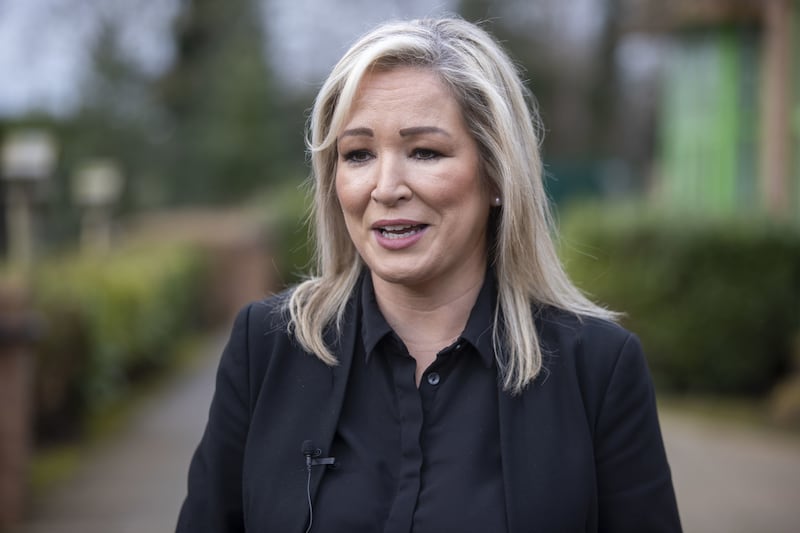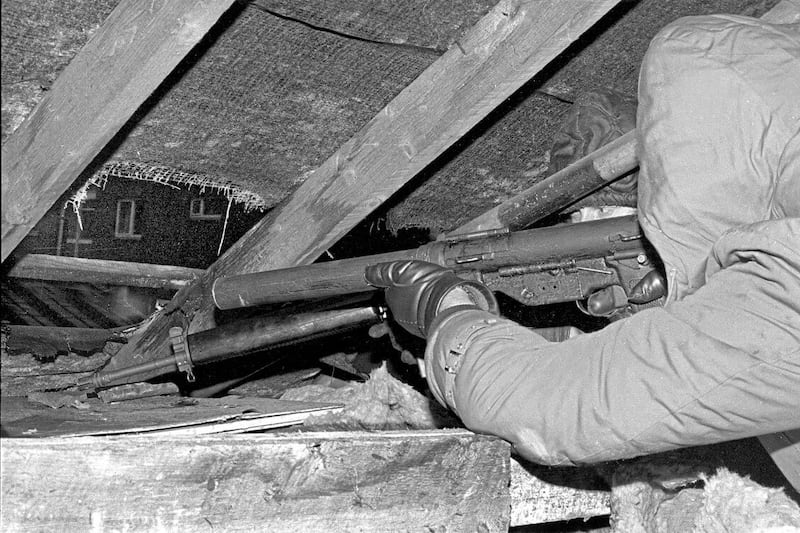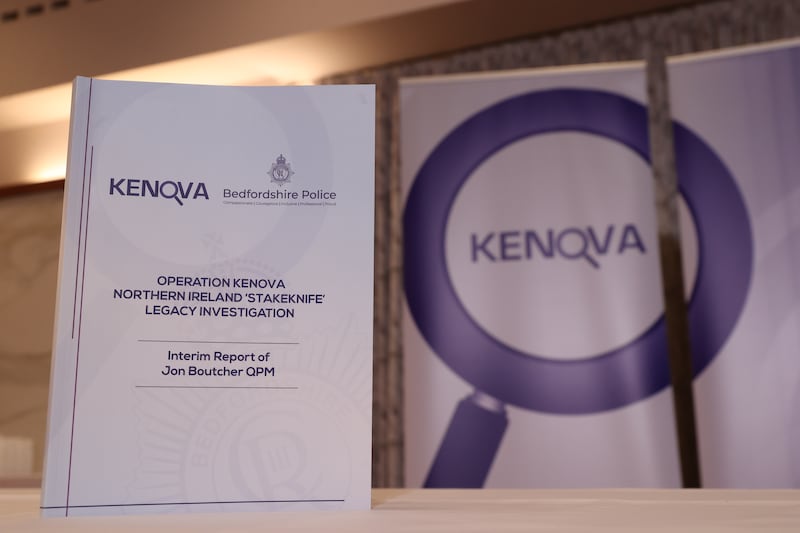A solicitor acting for 12 people believed to have been killed by Freddie Scappaticci and the IRA's internal security unit has written to several state bodies requesting more information "about the nature and timing of his death".
It was reported last week that the notorious British agent died earlier this month.
However, details of his death, including cause and location, have not been made public.
In 2003 it was claimed by the media that Scappaticci was the British agent known as Stakeknife although he denied the allegation.
It was also claimed he was a key member of the IRA’s internal security unit and was involved in interrogating dozens of suspected informers, of which some were later killed.
In 2016 Operation Kenova was set up to investigate the activities of Stakeknife and is headed by former Befordshire Police Chief Constable Jon Boutcher.
A report of the investigation's findings is expected to be released in the coming months.
More than 30 files linked to Stakeknife are currently being considered by the Public Prosecution Service (PPS).
Operation Kenova is one of several state bodies contacted this week by KRW Law, who are acting for anxious relatives and one man who "survived interrogation and torture".
The other agencies written to include the Attorney General for England and Wales, the Ministry of Defence, the Director for Public Prosecutions and PSNI Chief Constable Simon Byrne.
In the letter Solicitor Kevin Winters wrote: "Following the death of Mr Scappaticci some of our clients have contacted us to express concern over the manner in which news of his demise was communicated into the public domain.
"We say all of the victims have an entitlement to more specific information about the nature and timing of his death.
Mr Winters added that "suspicion is compounded by the time of the death coming as it does within a matter of weeks of the publication of the Kenova report and a pending direction from the PPS on criminal cases".
The lawyer said he has been instructed to request information on the circumstances of the suspected agent's death, including when and precisely where it took place.
A request has also been made as to where the burial took place and when authorities were first made aware of his death.
In addition, those contacted have also been asked if families can "have access to the post-mortem report to allay suspicion about the cause of death".
Mr Winters added that his clients "are entitled to this information on the basis of their collective victimhood status and pursuant to their Article 2 ECHR (European Convention on Human Right) rights" - which protect the right to life.








